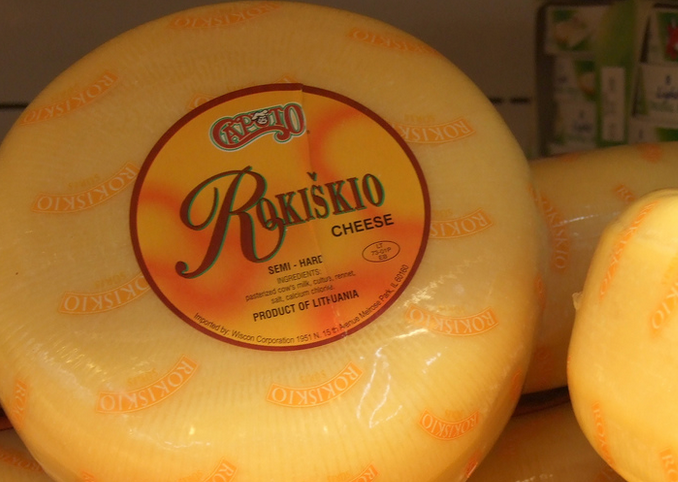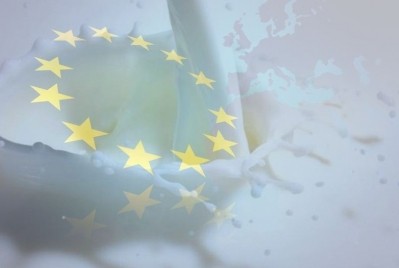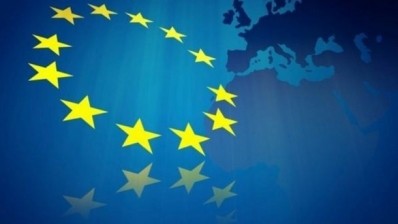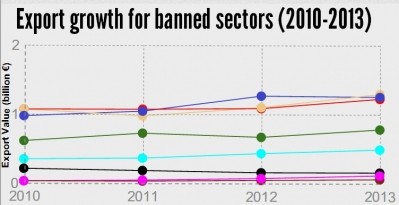Lithuanian dairy Rokiškio lends brand name to Russian firm to 'maintain recognition'

Speaking with DairyReporter.com, Dalius Trumpa, chairman, Rokiškio, confirmed an unidentified Russian dairy will market cheese and curd products in Russia under the Rokiškio brand.
Trumpa refused, however, to disclose the name of the Russian dairy, the length of the deal, or the amount of money involved.
He said that "trust in [the] quality of our production" led the Russian dairy to choose the Rokiškio brand.
Until August last year, when Russia closed its border to Western agricultural food imports, Rokiškio exported a wide range of dairy products to the country, including fresh cheese, fermented cheese, curds, butter, and chocolate-coated cheese bars.
Rokiškis-based Rokiškio, which boasts a whey supply partnership with New Zealand dairy giant Fonterra, lost between 10% and 15% of "profitable sales" as a result, said Trumpa.
Asked what it hoped to gain from is licensing out the Rokiškio brand, Trumpa said: "To maintain recognition of the company's trademark until the political issues are solved."
"Trademark maintenance in the Russian market" is the key benefit of the deal, he added.
"Negatively influenced"
Russian Prime Minister Dmitry Medvedev introduced a one-year ban in August 2014 on the import of beef, pork, fruit vegetables, milk, dairy products and other agricultural foodstuffs from the European Union (EU), United States, Australia, Canada and Norway.
Before the ban, dairy products exported to Russia from Lithuania - an EU Member State since 2004 - accounted for around 14% of milk produced in the country.
Rokiškio acknowledged in August that the Russian import ban would "negatively influence" its 2014 results.
The company reported a loss of €384,000 (US$431,000) for the year, down from the €9.495m (US$10.66m) profit recorded in 2013.
It attributed the result to the current "crisis in the world dairy market... strengthened by the Russian embargo on [the] import of food products from the EU."
An end to the Russian ban on Western food imports does not, however, appear close.
Arkady Dvorkovich, the Russian Deputy Prime Minister, was last week quoted as saying: "We are not currently considering cancelling the ban."







